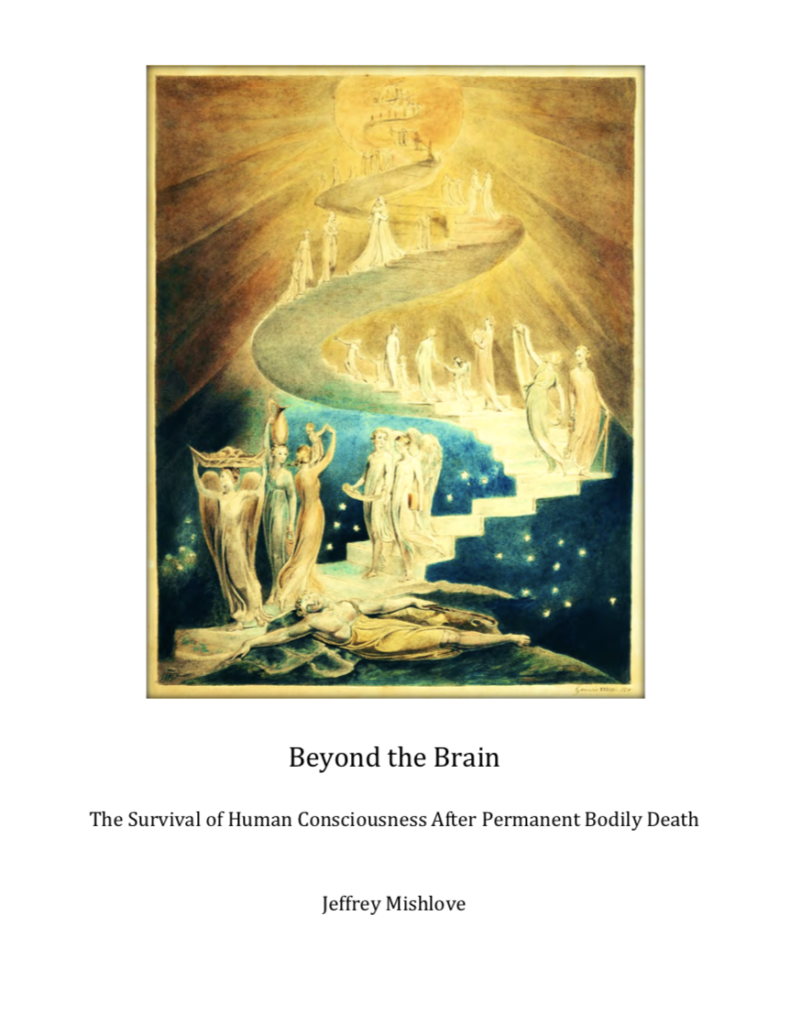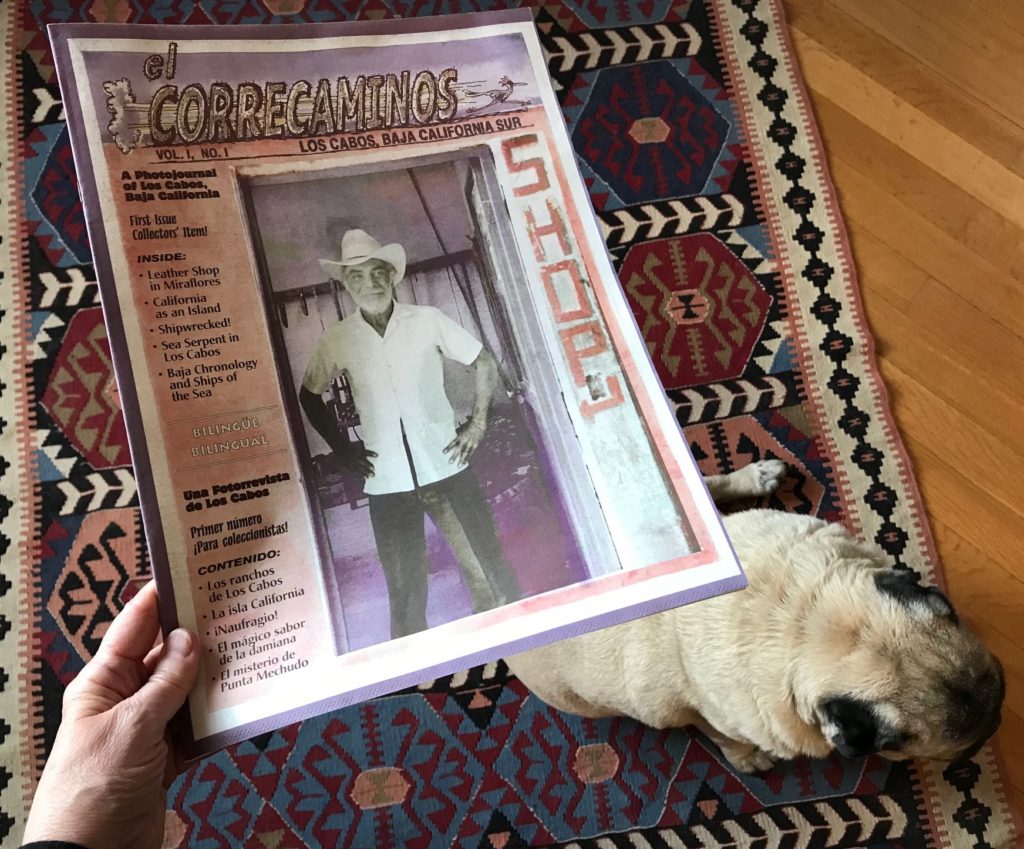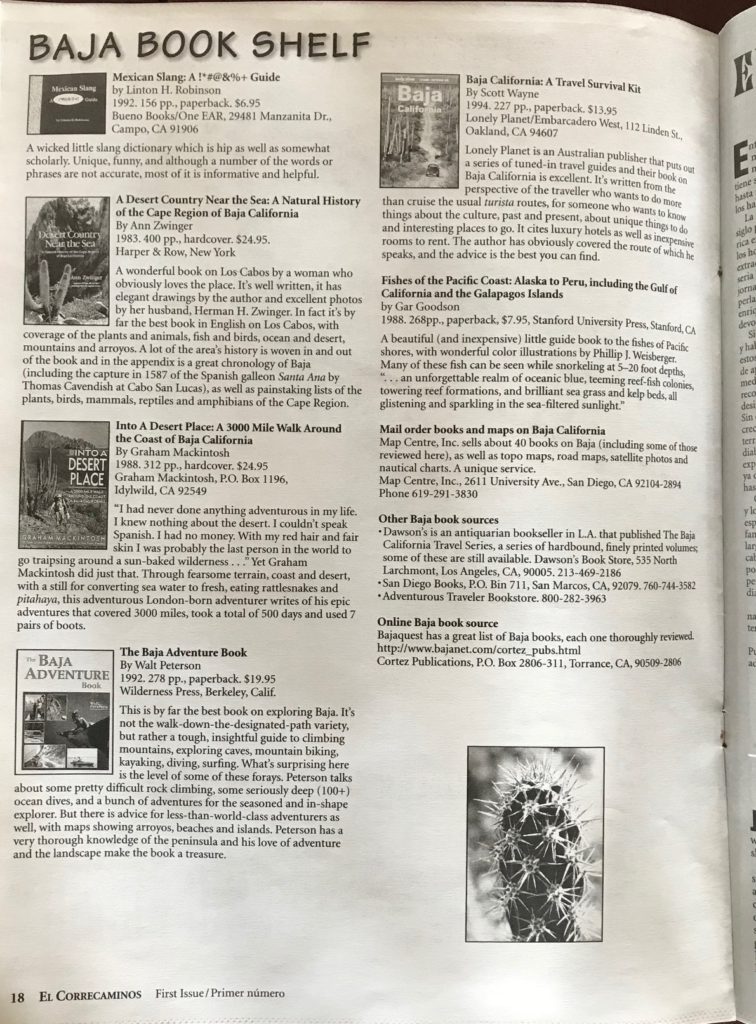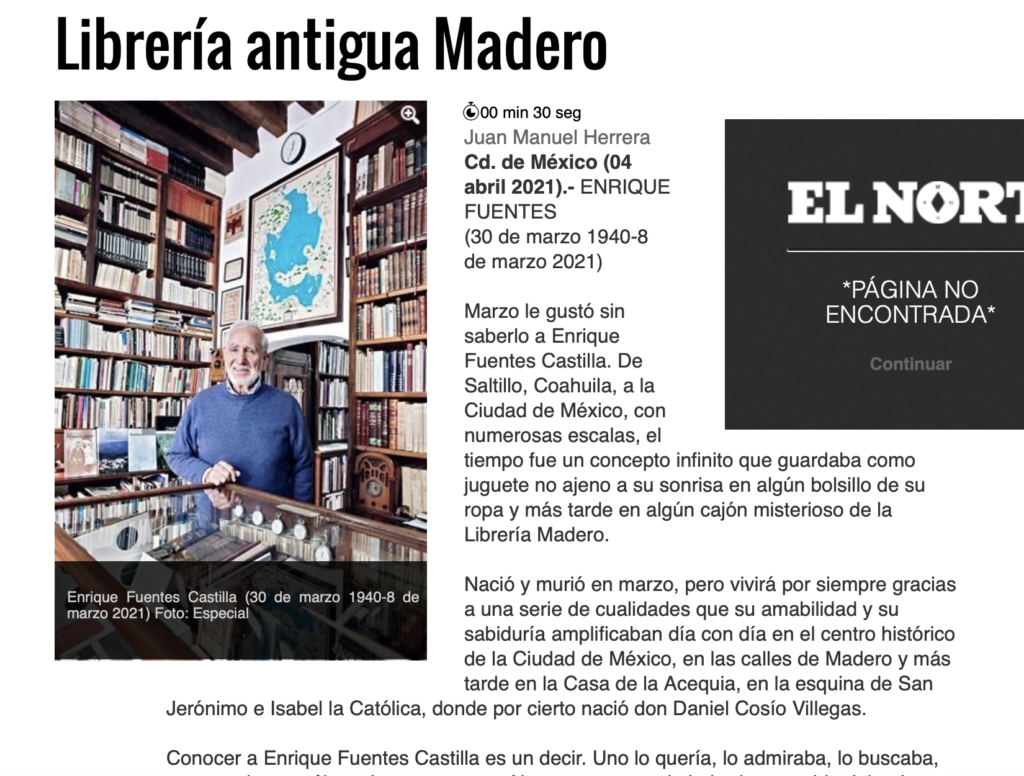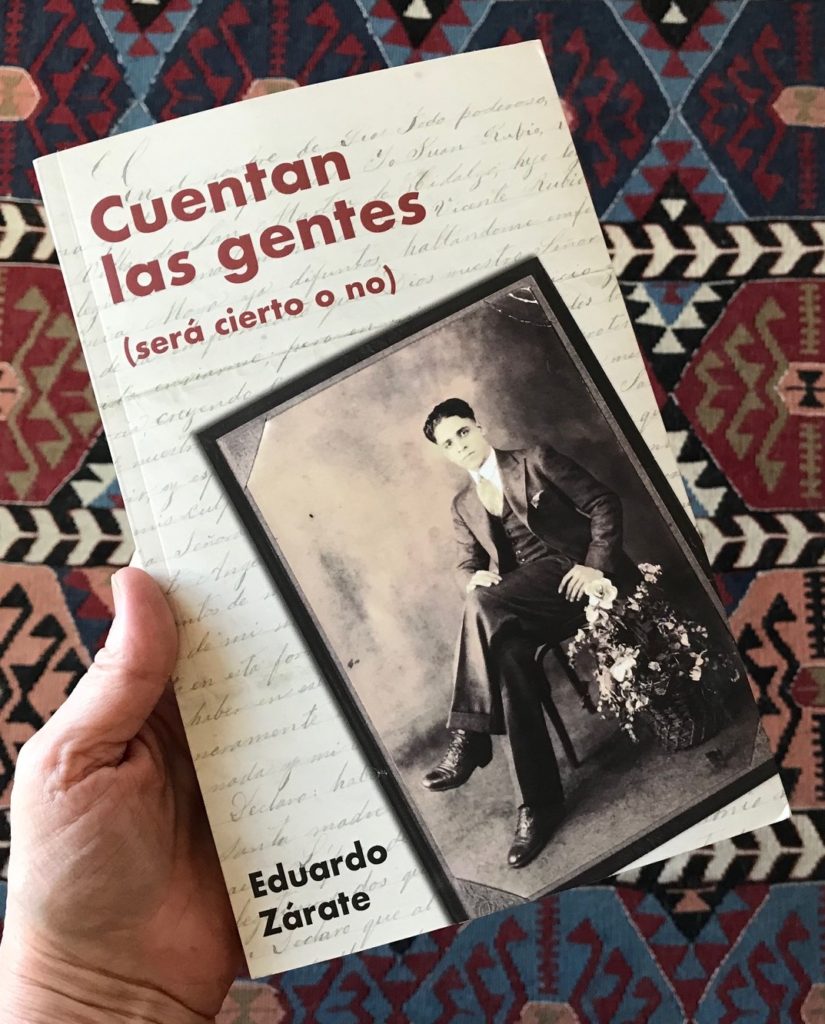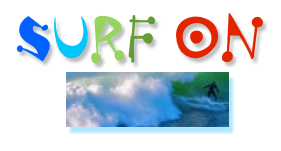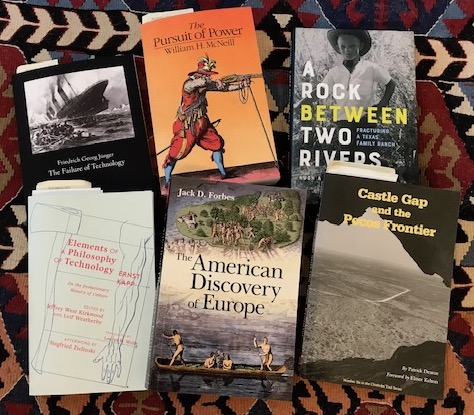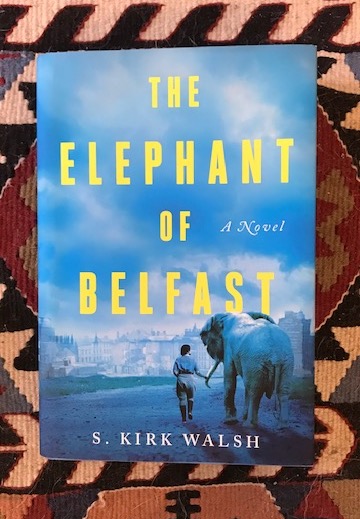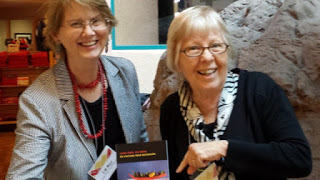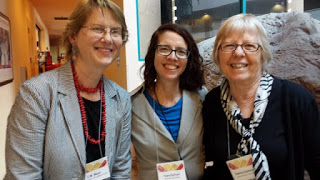
It’s the fifth Monday of the month: time for the newsletter and a dollop of cyberflanerie.
POSTS AT MADAM MAYO BLOG
SINCE THE LAST NEWSLETTER
May 24, 2022 – Q & A:
From the Archives: Q & A with Poets Alenier, Anhalt, Crooker, Hill, Hutchison, and Mackay
May 9, 2022 – WORKSHOP:
Five Perhaps Apparently Silly But Ultra-Serious Reflections on Nurturing Creative Thought (Starting with Beethoven’s Ninth)
April 18, 2022
Thank you, Dear Readers: On the Occasion of Madam Mayo Blog’s 16th Anniversary
April 4, 2022 – TEXAS BOOKS:
Texas Books: The End of Night, West Texas Time Machine, How We See the Sky, and More Books About the Sky & Stars
The end of March 2022 marks the 16th anniversary of this blog, after which point, until further notice, I will be posting approximately two Mondays a month. The posts on Texas Books, the writing workshop, my own work, and a Q & A with another writer, will continue, each posting every other month and, as ever, when there is a fifth Monday in a given month, that’s for the newsletter.
March 28, 2022 – Q & A:
From the Archives: Q & A with Bruce Berger on A Desert Harvest
March 20, 2022
From the Archives: “The Essential Francisco Sosa or, Picadou’s Mexico City”
March 14, 2022 – WORKSHOP (SORT OF):
Readers Write: “Should I Move to Mexico?”
March 7, 2022 – TEXAS BOOKS:
From the Archives: A Review of Desert America: Boom and Bust in the New Old West by Rubén Martínez
February 28, 2022 – Q & A:
Q & A with Michael Hogan About Guns, Grit and Glory: How the US and Mexico Came Together to Defeat the Last Empire in the Americas
February 21, 2022
From the Archives: Some Old Friends Spark Joy (Whilst Kondo-ing My Library)
February 14, 2022 – WORKSHOP:
From the Archives: Five Super Simple Tips for Better Book Design
February 7, 2022 – TEXAS BOOKS:
From the Archives: My Review of Heribert von Feilitzsch’s
In Plain Sight: Felix A. Sommerfeld, Spymaster in Mexico, 1908-1914
OTHER NEWS
Look for the Marfa Mondays podcasts to resume this summer.
By Jove & by Jimmy Dean, this will happen.
WORKSHOP NEWS
No news, other than that I am continuing to post for my workshop students every other second Monday throughout this year, 2022. You can find the archive of workshop posts, plus “‘Giant Golden Buddha’ & 364 More Free 5 Minute Writing Exercises” here.
CYBERFLANERIE
From one of my favorite poets, the sublimely talented Joe Hutchison: “I’ve started a little monthly poetry journal focused on poets associated with the Mountain West, called Bristlecone. (First two issues here and here.)
***
From my fellow translators, editors of Résonance: “We are thrilled to announce the publication of volume 4 of the open-access Franco-American online literary journal Résonance. With this issue, we’ve migrated the entire journal to a new website: www.resonance-journal.org. Volume 4 features a groundbreaking interview with the accomplished and influential poet Bill Tremblay that’s full of retrospective reflections. The interview is complemented by a generous selection of Tremblay’s new poems. The intriguing work of the Louisianian artist Chase Julien graces this issue, and his responses to the interview questions posed by our Arts Editor Erica Vermette provide insight into his sources of inspiration and his creative process. We invite you to explore the outstanding fiction, reviews, and poems we’ve gathered by such award-winning authors as Leslie Choquette, Ron Currie, Dorianne Laux, and Jeri Theriault. Please help us spread the word about our unique journal. We are now open for submissions to volume 5.”
***
Mexican writer Araceli Ardón on Mari Benedetti in 7 minutes, and Isabelle Allende in 7 minutes:
***
The unique and magnificently prolific Violet Cabra on Novels vs. Television
***
The wisdom of Hafez:
***
I welcome your courteous comments which, should you feel so moved, you can email to me here.

On Seeing as an Artist or, Five Techniques for a Journey to Einfühlung
Why Translate? The Case of the President of Mexico’s Secret Book



